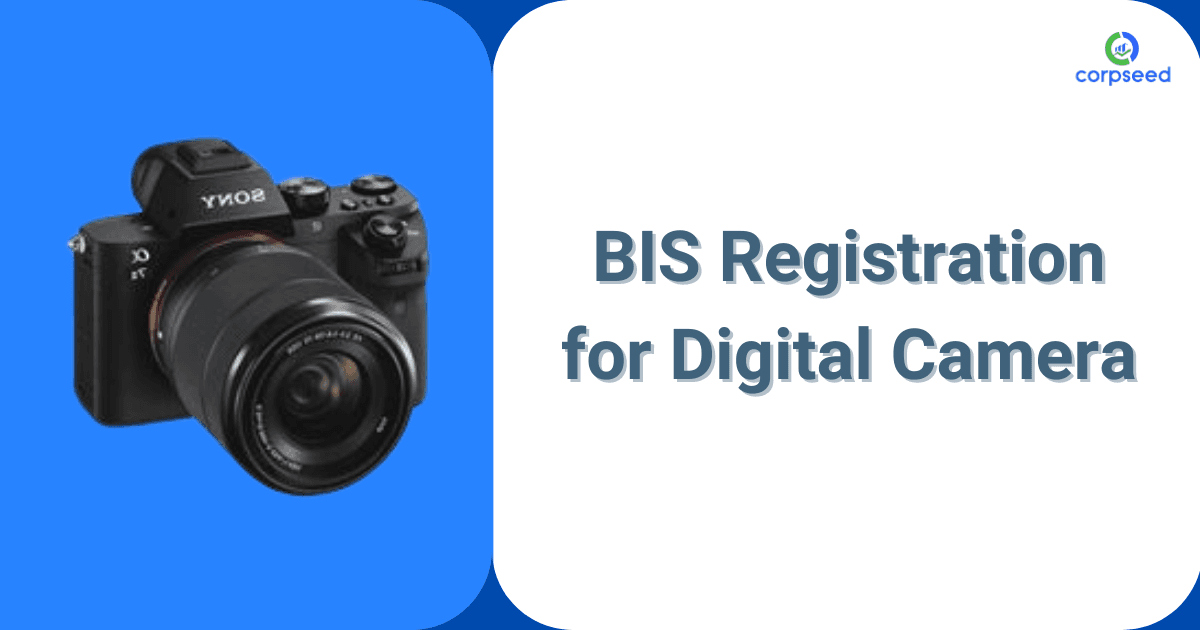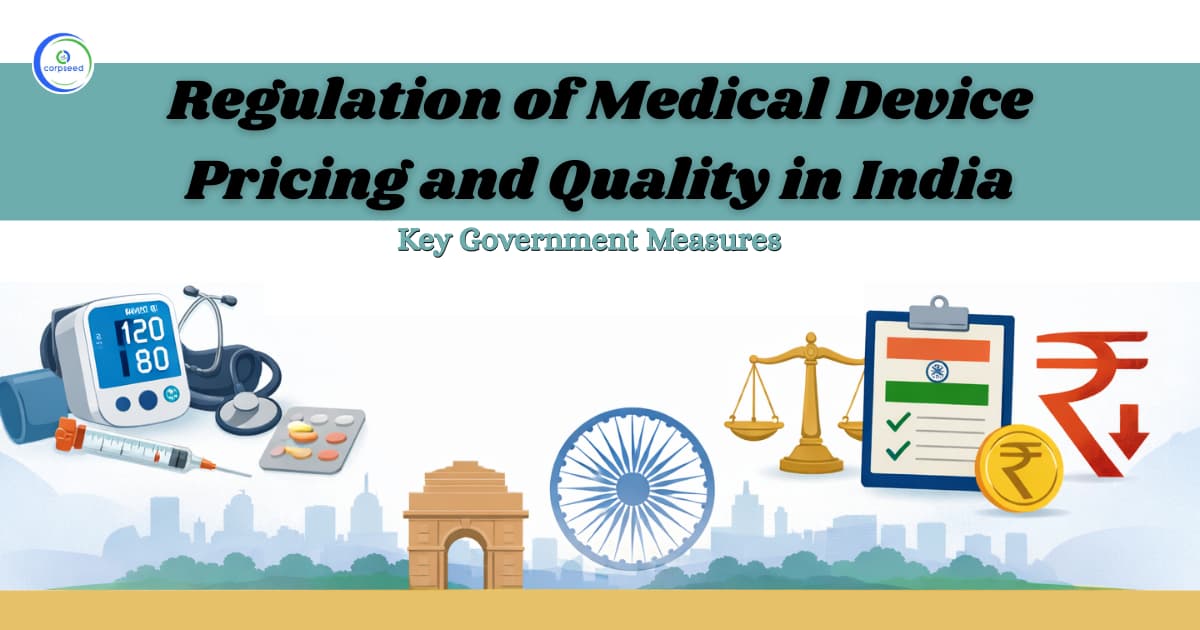
Loading...

Second important thing in case of the digital camera is that there has to be invariably the same type of input voltage. Also, the design layout of the PCB must be the same. Subsequently, the IP rating must also be the same.
About the Author

_Amendment_Order_2026_New_Compliance_Rules_Corpseed.webp&w=1536&q=75)
Furniture (Quality Control) Amendment Order, 2026: New Compliance Rules
2026-02-18
2021-10-21 • 67252 views
Latest Articles
Recently published

Delhi Legal Metrology (Enforcement) Amendment Rules, 2026
2026-02-24 • 0 views

What is the Government’s Motive behind ALMM?
2026-02-21 • 0 views

BIS Issues New Guidelines for Verification of Rated Capacity of Lithium Cells and Batteries
2026-02-21 • 16 views

Logo or Wordmark: Which Trademark Registration Protects Your Brand Better?
2026-02-20 • 26 views

Regulation of Medical Device Pricing and Quality in India: Key Government Measures
2026-02-20 • 27 views
Top News
Trending

Salary Slip Format In Excel, Word, PDF, PaySlip Format Online
2023-02-27
.png&w=1536&q=75)
Increment Letter Format - Salary Increment Letter With Salary Break Up Format In Word and PDF
2023-02-27

Latest Marriage Biodata Formats | Biodata Format for Marriage Download in Word and PDF
2023-02-27

New Form 15G in Word Format | Download Form 15G in Word and PDF Format
2023-02-27
.png&w=1536&q=75)
Job Offer Letter Format With Word And PDF Templates Download
2022-07-19
Latest News
Fresh updates

CDSCO Eases Export NOC Mandate for SRA Countries to Boost Pharma Exports
2026-02-25
.webp&w=1536&q=75)
Goa Launches Green MSME Index to Boost Sustainable Industrial Growth
2026-02-25

India named 'Country of the Year' for BIOFACH 2026
2026-02-12

FSSAI Extends Compliance Timeline for Meat Sausage Standards
2026-02-12

Government Notifies Import Policy Amendment for Key Antibiotics
2026-02-12